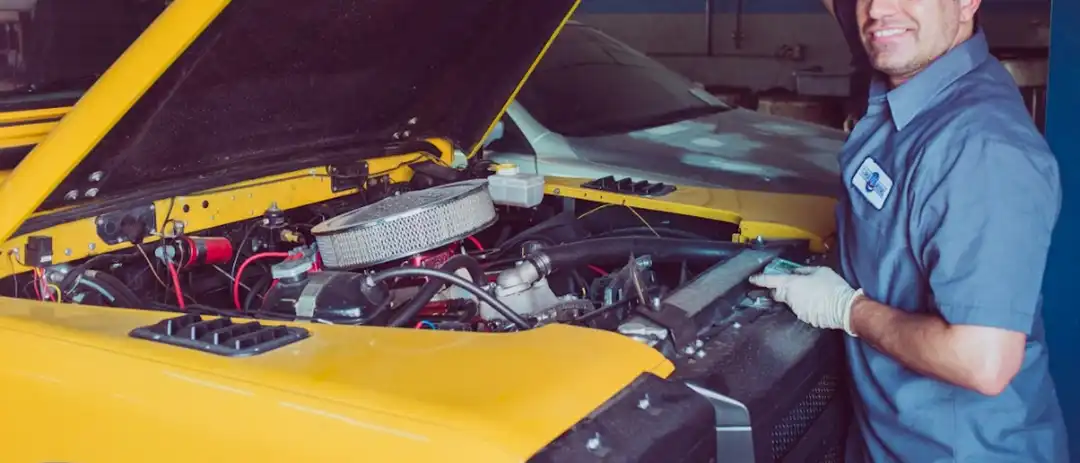- Arabic
- French
- Russian
- Spanish
- Portuguese
- Turkish
- Armenian
- English
- Albanian
- Amharic
- Azerbaijani
- Basque
- Belarusian
- Bengali
- Bosnian
- Bulgarian
- Catalan
- Cebuano
- Corsican
- Croatian
- Czech
- Danish
- Dutch
- Afrikaans
- Esperanto
- Estonian
- Finnish
- Frisian
- Galician
- Georgian
- German
- Greek
- Gujarati
- Haitian Creole
- hausa
- hawaiian
- Hebrew
- Hindi
- Miao
- Hungarian
- Icelandic
- igbo
- Indonesian
- irish
- Italian
- Japanese
- Javanese
- Kannada
- kazakh
- Khmer
- Rwandese
- Korean
- Kurdish
- Kyrgyz
- Lao
- Latin
- Latvian
- Lithuanian
- Luxembourgish
- Macedonian
- Malgashi
- Malay
- Malayalam
- Maltese
- Maori
- Marathi
- Mongolian
- Myanmar
- Nepali
- Norwegian
- Norwegian
- Occitan
- Pashto
- Persian
- Polish
- Punjabi
- Romanian
- Samoan
- Scottish Gaelic
- Serbian
- Sesotho
- Shona
- Sindhi
- Sinhala
- Slovak
- Slovenian
- Somali
- Sundanese
- Swahili
- Swedish
- Tagalog
- Tajik
- Tamil
- Tatar
- Telugu
- Thai
- Turkmen
- Ukrainian
- Urdu
- Uighur
- Uzbek
- Vietnamese
- Welsh
- Bantu
- Yiddish
- Yoruba
- Zulu
dec . 05, 2024 16:44 Back to list
High-Performance Belts for Trucks Optimized for Durability and Efficiency
The Importance of High-Quality Belts for Trucks
When it comes to the transportation industry, especially in the realm of trucking, the efficiency and reliability of vehicles are paramount. One critical component that plays a crucial role in the operation of trucks is the belt. These belts, often overlooked in discussions about vehicle maintenance, are essential for connecting different parts of the engine and ensuring smooth operation. This article delves into the significance of belts for trucks, examining the various types, their functions, and the importance of choosing high-quality options.
Types of Belts in Trucks
Trucks utilize various belts that serve distinct functions. The most common types include serpentine belts, V-belts, and timing belts.
1. Serpentine Belts These are long, continuous belts that drive multiple peripheral devices in an engine, including the alternator, power steering pump, water pump, and air conditioning compressor. A properly functioning serpentine belt ensures that all these components operate in harmony, contributing to the overall efficiency of the vehicle.
2. V-Belts Traditionally, V-belts were widely used in trucks to transfer power to individual components. While some modern trucks still utilize them, they are gradually being replaced by serpentine belts, which offer improved efficiency and require less maintenance.
3. Timing Belts These belts are critical for the synchronization of the engine's camshaft and crankshaft. A malfunctioning timing belt can lead to severe engine damage, underscoring its importance in heavy-duty vehicles like trucks.
Functions of Belts in Trucks
Belts are essential for several reasons. Firstly, they convert the rotating motion from the engine into usable power for various components. By doing so, they play a crucial role in maintaining the truck's operational efficiency. Secondly, belts contribute to the overall safety of the vehicle. For instance, a failing serpentine belt can lead to power steering loss, making it difficult for the driver to control the truck, especially during critical moments.
belt for truck

Moreover, belts affect fuel efficiency. A worn or damaged belt can lead to a decrease in performance, resulting in increased fuel consumption. This is particularly crucial for trucking companies, where fuel costs constitute a significant portion of operational expenses. Regular maintenance and prompt replacement of worn belts can lead to substantial savings in fuel costs over time.
Choosing High-Quality Belts
Given the pivotal role that belts play in the efficient operation of trucks, choosing high-quality belts is essential. Factors to consider when selecting belts include material quality, manufacturing standards, and compatibility with the specific truck model. Opting for OEM (Original Equipment Manufacturer) belts can often ensure durability and performance. While aftermarket options might offer lower prices, they may not always meet the same rigorous standards as OEM products, potentially leading to premature failure and costly repairs.
It's also essential to consider the environment in which the truck operates. For example, trucks used in extreme weather conditions or rough terrains may require specialized belts that can withstand added stress and wear.
Maintenance and Replacement
Regular maintenance checks are crucial for ensuring that belts remain in good condition. Truck drivers and fleet managers should be vigilant about signs of wear, such as cracking, fraying, or loss of tension. Implementing scheduled inspections can help catch potential issues before they lead to significant problems.
Additionally, understanding the service life of each type of belt is vital. For instance, serpentine belts typically need replacement every 60,000 to 100,000 miles, while timing belts may require attention every 70,000 to 100,000 miles, depending on the manufacturer's recommendations.
Conclusion
In conclusion, belts for trucks may not be the most glamorous topic, but they hold immense importance in the trucking industry. From enabling vital engine functions to contributing to safety and fuel efficiency, belts are a linchpin in the broader mechanics of a truck. By investing in high-quality belts and maintaining them diligently, trucking companies can ensure their fleets operate smoothly and efficiently, ultimately leading to better performance and profitability. A small investment in belts can yield significant returns, making it a critical consideration for anyone involved in the trucking business.
-
Korean Auto Parts Timing Belt 24312-37500 For Hyundai/Kia
NewsMar.07,2025
-
7PK2300 90916-T2024 RIBBED BELT POLY V BELT PK BELT
NewsMar.07,2025
-
Chinese Auto Belt Factory 310-2M-22 For BMW/Mercedes-Benz
NewsMar.07,2025
-
Chinese Auto Belt Factory 310-2M-22 For BMW/Mercedes-Benz
NewsMar.07,2025
-
90916-02660 PK Belt 6PK1680 For Toyota
NewsMar.07,2025
-
drive belt serpentine belt
NewsMar.07,2025

